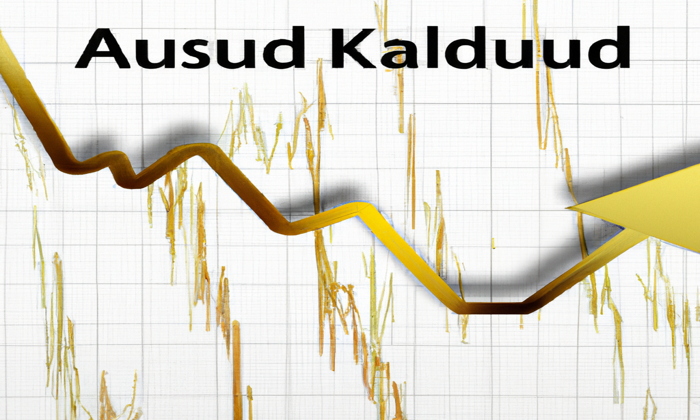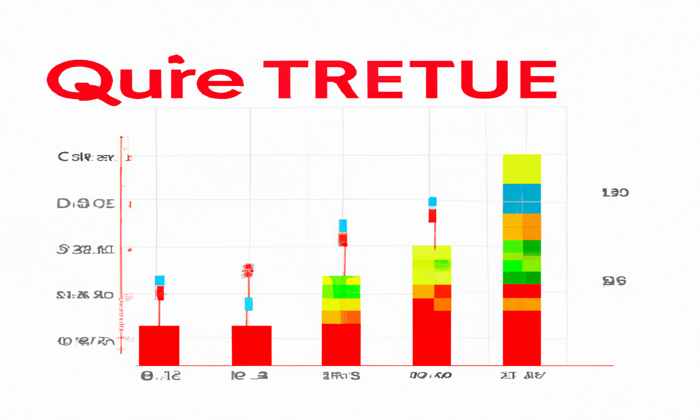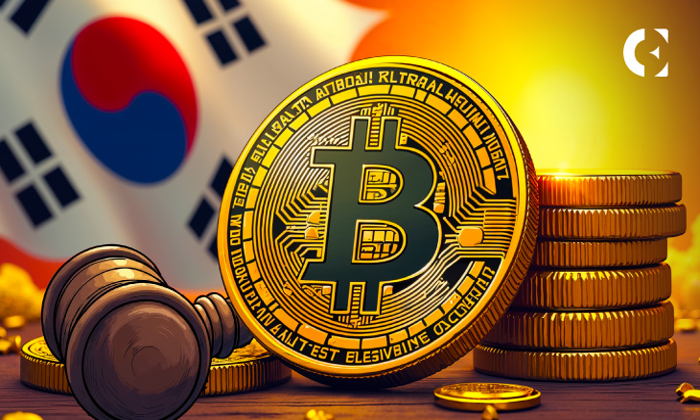Garantex, known as Russia’s largest sanctioned crypto exchange, has been in the spotlight following the European Union’s recent sanctions targeting its operations. Despite being under scrutiny, Garantex has demonstrated remarkable resilience, continuing its services amid growing international pressure. The exchange has been linked to a range of illicit transactions, particularly in connection with Russian cryptocurrency markets and sanctioned entities. Analysts have raised concerns about Garantex’s role in facilitating financial activities for criminal organizations, which has drawn the attention of regulators aiming to curb crypto sanctions in the EU. As the investigation into Garantex unfolds, its significant position in the Russian crypto landscape raises critical questions about the intersection of digital currencies and global security.
The topic of Garantex, a prominent player in the Russian cryptocurrency scene, encompasses a broader discussion about sanctioned digital asset platforms and their implications for international financial systems. This exchange has not only attracted attention for its operational practices but also for its ongoing investigations into potential connections with illicit activities. As the EU tightens its grip on crypto sanctions, Garantex’s persistence highlights the challenges faced in regulating cryptocurrencies, particularly in regions with less oversight. Furthermore, the association of Garantex with various controversial transactions underscores the complexities surrounding crypto exchanges and their role in global financial compliance. Analyzing Garantex provides insights into the dynamics of cryptocurrency regulation, illicit finance, and the geopolitical landscape influencing digital currencies.
Understanding Garantex: Russia’s Major Sanctioned Crypto Exchange
Garantex has emerged as a significant player in the realm of cryptocurrency exchanges within Russia, particularly in light of its recent designation by the European Union as a sanctioned entity. Established in 2019, this exchange has built a reputation for facilitating a wide range of transactions, including those that are often linked to illicit activities. While the EU has intensified its sanctions against Garantex, the exchange has managed to sustain its operations, largely due to the trust it has garnered among Russian users and its established connections with domestic banking institutions.
The implications of Garantex’s status as a sanctioned crypto exchange extend beyond its operational capabilities. Analysts note that its continued functioning under such restrictions raises questions about the effectiveness of international sanctions in curbing illicit transactions. By providing a platform for users to convert cash rubles into cryptocurrencies, Garantex plays a pivotal role in the Russian cryptocurrency ecosystem, which has been criticized for its lack of regulatory oversight and potential links to criminal organizations.
Frequently Asked Questions
What is Garantex and why is it considered a sanctioned crypto exchange?
Garantex is Russia’s largest sanctioned crypto exchange, recently targeted by the European Union due to its close ties with EU-sanctioned Russian banks. It has been implicated in facilitating illicit transactions, particularly associated with criminal organizations and ransomware groups.
How has Garantex managed to operate despite international sanctions?
Despite being sanctioned by the U.S. in 2022 and the EU in 2024, Garantex has continued its operations by leveraging its established presence in Russia and maintaining trust within the local crypto ecosystem. Its backing by the Kremlin likely plays a role in its resilience against sanctions.
What types of illicit transactions has Garantex been involved in?
Garantex has been linked to facilitating payments for ransomware gangs and darknet markets, specifically the infamous Hydra marketplace. Reports suggest it has also been utilized by criminal organizations and terrorist groups like Hezbollah.
What impact do the EU sanctions have on Garantex’s operations?
The EU sanctions on Garantex aim to restrict its international operations and reduce its ability to launder illicit funds. However, analysts believe that these sanctions may not significantly disrupt Garantex’s activities due to its established reputation and liquidity in the Russian market.
Who are the founders of Garantex and what are their backgrounds?
Garantex was co-founded in late 2019 by Stanislav Drugalev, a Russian tech expert, and Sergey Mendeleev, a former KGB officer. Their backgrounds have raised concerns about the exchange’s operations and connections to the Russian government.
How does Garantex defend itself against accusations of facilitating illicit transactions?
Garantex claims to actively prevent illicit activities and cooperates with international law enforcement. However, investigations have highlighted its involvement in questionable transactions, raising doubts about the effectiveness of its compliance efforts.
What are the broader implications of Garantex’s operations for the cryptocurrency market?
Garantex’s continued operation under Kremlin oversight poses risks to international security and the legitimacy of the global cryptocurrency market. Its ability to facilitate illicit transactions undermines regulatory efforts and raises concerns among law enforcement agencies.
What role does trust play in the operations of Garantex within the Russian cryptocurrency ecosystem?
Trust is crucial for Garantex’s operations, as it is viewed as a reliable platform among Russian users. Despite sanctions, many users remain loyal due to Garantex’s stable liquidity and perceived security compared to other exchanges that have faced shutdowns.
What percentage of inflows to sanctioned entities does Garantex account for?
Data from TRM Labs indicates that Garantex, alongside Iranian exchange Nobitex, accounted for over 85% of inflows to sanctioned entities and jurisdictions, highlighting its significant role in facilitating transactions for these groups.
What future challenges could Garantex face amid increasing international scrutiny?
Garantex may face challenges related to enhanced international sanctions and scrutiny, which could hinder its ability to operate globally. Moreover, if robust enforcement measures are implemented, cybercriminals might pivot to non-compliant exchanges or decentralized platforms, further complicating Garantex’s operations.
| Key Point | Details |
|---|---|
| Garantex Overview | Russia’s largest sanctioned crypto exchange, operational since 2019. |
| Sanctions History | Sanctioned by the U.S. in 2022 and by the EU in February 2024. |
| Operational Strategy | Facilitates transactions using cash rubles and Russian bank cards. |
| Criminal Associations | Allegedly linked to ransomware gangs and criminal organizations. |
| Trust Factor | Considered a trusted platform in Russia with stable liquidity. |
| Government Ties | Reported connections with the Kremlin and Russian government entities. |
| Regulatory Evasion | Operates similarly to informal money transfer networks to evade regulations. |
| International Impact | Continues to process billions in transactions annually, posing risks to global security. |
Summary
Garantex is a significant player in the world of cryptocurrency, especially within the context of sanctioned exchanges. As the largest sanctioned crypto exchange in Russia, its operations and affiliations raise serious concerns regarding financial crime and cyber security. Despite sanctions from both the U.S. and the European Union, Garantex remains operational and continues to facilitate transactions that could undermine international law enforcement efforts. The intelligence value derived from Garantex’s operations for the Russian government appears to outweigh any inclination to shut it down. Therefore, understanding Garantex’s role is crucial for comprehending the broader implications of cryptocurrency in global finance, particularly in relation to crime and regulatory compliance.
Garantex, Russia’s largest sanctioned crypto exchange, has been under scrutiny as the European Union intensifies its efforts to combat illicit transactions linked to Russian cryptocurrency operations. Despite being blacklisted by the U.S. Treasury in 2022, Garantex has continued to thrive within the Kremlin’s ecosystem, facilitating transactions for several sanctioned Russian banks. This exchange operates from Moscow’s Federation Tower, offering services that include cash ruble deposits and withdrawals to major Russian bank cards, effectively maintaining a foothold in the crypto market. The recent Garantex investigation by EU authorities highlights its alleged connections to criminal organizations and the funding of ransomware operations, raising alarms about its role in the global crypto sanctions landscape. As the EU tightens its grip on crypto sanctions, the resilience of Garantex poses significant challenges to the enforcement of financial regulations aimed at curbing illicit transactions in Russia.
The emergence of Garantex represents a pivotal case in the ongoing battle against cryptocurrency-related crime and sanctions evasion. This prominent Russian digital asset platform has gained notoriety for its deep ties to state-backed financial institutions and its involvement in facilitating questionable transactions. Analysts have raised concerns about the exchange’s operation under international sanctions and its potential to support money laundering activities for both criminal enterprises and sanctioned entities. By examining Garantex, we can better understand the complexities of regulating cryptocurrency exchanges in an environment where traditional financial oversight is often circumvented. The scrutiny surrounding Garantex underscores the broader implications for international efforts to impose crypto sanctions and combat the financing of illicit activities.














Leave a Reply